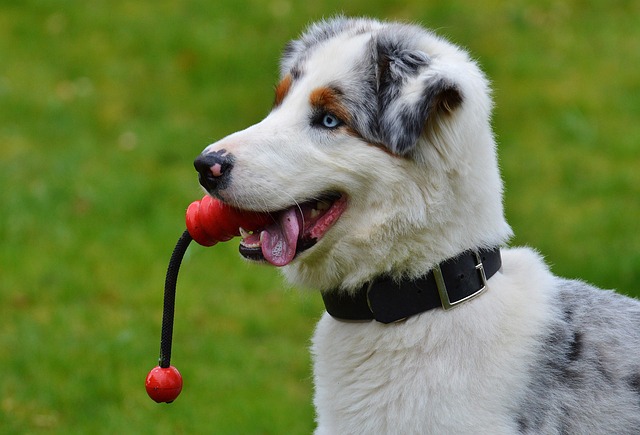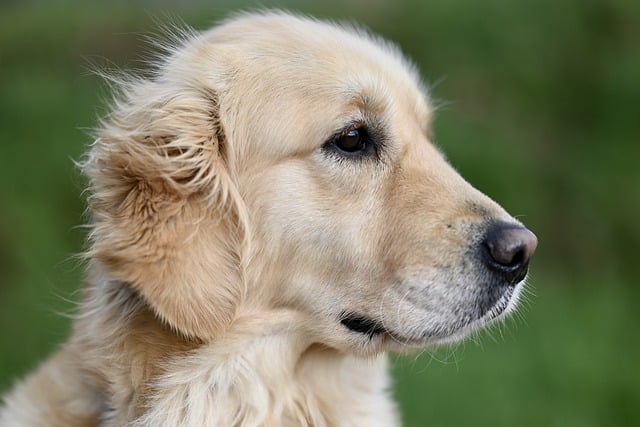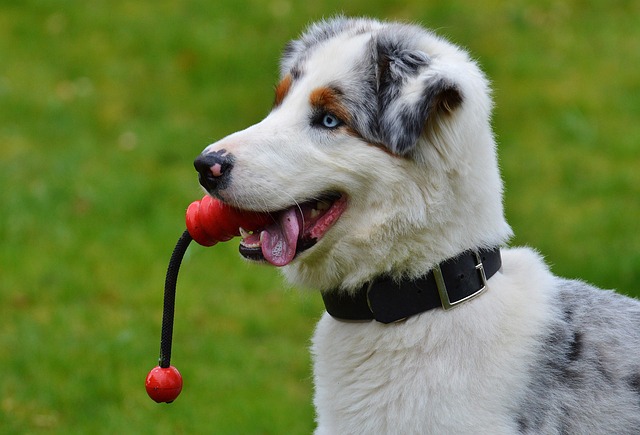
How to get dead flaky skin off a dog
How to get dead flaky skin off a dog? If you’ve ever buried your face in your golden retriever “Max’s” fur for a cuddle, only to pull back with tiny white flakes clinging to your sweater
It’s a scenario many new dog owners know too well: you wake up to find your pup’s bed dotted with small puddles of diarrhea, or they turn up their nose at breakfast and let out a low, unhappy whine. That’s when the questions start swirling—how long will this last? Is it something I can handle at home, or should I rush to the vet? Gastrointestinal issues in dogs are common, but their duration depends on what’s causing the trouble.
Most mild cases, like when your dog snags a table scrap they shouldn’t have, might clear up in 12 to 48 hours. Think of it as their stomach hitting reset after a dietary surprise. But if it’s something more serious—like a bacterial infection or parasites—you could be looking at 3 to 5 days, even with care. Last month, a friend’s beagle in Denver had giardia, and those runny stools stuck around for almost a week despite her best efforts with bland food. That’s why vets often say: if it’s been more than 48 hours, or if there’s blood, it’s time to call.
 At home, the key is to keep things simple. Start by offering small sips of water every 30 minutes—dehydration makes everything worse. After 12 hours with no vomiting, try a little boiled chicken and white rice, served in tiny portions. My trainer always says patience matters here; rushing back to their regular food can set things back. And remember, scolding them for accidents? That’s a no-go. A gentle “good boy” when they make it outside, even if it’s messy, goes further than frustration.
At home, the key is to keep things simple. Start by offering small sips of water every 30 minutes—dehydration makes everything worse. After 12 hours with no vomiting, try a little boiled chicken and white rice, served in tiny portions. My trainer always says patience matters here; rushing back to their regular food can set things back. And remember, scolding them for accidents? That’s a no-go. A gentle “good boy” when they make it outside, even if it’s messy, goes further than frustration.
Staying on top of preventive care also cuts down on these issues. In most states, keeping up with vaccines and parasite meds isn’t just good sense—it’s the law. Those monthly heartworm pills? They help ward off intestinal worms that can trigger stomach upset. And let’s not forget the basics: when you’re out walking, even if your dog’s got an upset stomach, bagging their waste is non-negotiable. It’s not just polite in your neighborhood park; it’s required in most cities.
Apartment dwellers have extra to watch for. If your pup’s having frequent accidents, quick cleanups with enzymatic cleaners keep odors from building up—your neighbors will thank you. Short, slow walks (when they’re up for it) can help settle their stomach, but skip the dog park until they’re back to normal. No one wants to spread germs, and keeping your dog calm during recovery aligns with the positive reinforcement methods we all should be using.
When in doubt, your vet’s office is the best resource. They’ll ask about recent food changes, walks, even if your dog chewed a new toy—so jotting down notes helps. Most importantly, trust your gut: if your dog seems lethargic or won’t drink, don’t wait to call. After all, a happy, healthy pup is what makes those early mornings with the leash and poop bags worth it.

How to get dead flaky skin off a dog? If you’ve ever buried your face in your golden retriever “Max’s” fur for a cuddle, only to pull back with tiny white flakes clinging to your sweater

Will my dog’s paw pad heal on its own? If you’ve ever ended a walk with your Australian shepherd “Milo” to find tiny spots of blood on the sidewalk, then noticed a ragged scratch on his paw pad

You’re out in the yard, watching your dog chase a ball, when you notice they’re moving a little stiffly—maybe hesitating before jumping up on the porch, or limping slightly after a quick run.

How do I toughen up my dog’s paw pads? If you’ve ever watched your 3-month-old golden retriever puppy “Buddy” pause at the edge of the sidewalk

It’s a scenario many new dog owners know too well: you wake up to find your pup’s bed dotted with small puddles of diarrhea, or they turn up their nose at breakfast and let out a low, unhappy whine.

That unmistakable fishy odor suddenly filling your studio apartment, or your pup doing an urgent "scoot" across your favorite rug – it’s frustrating and concerning.